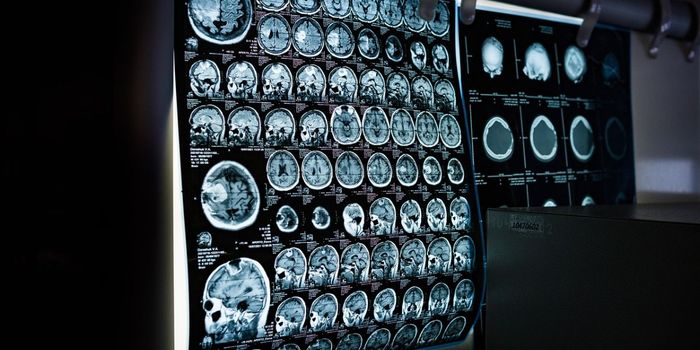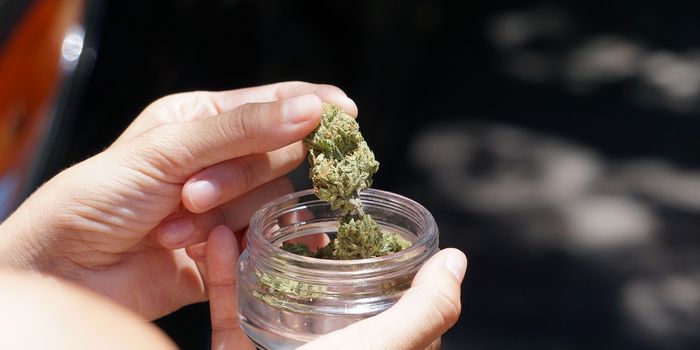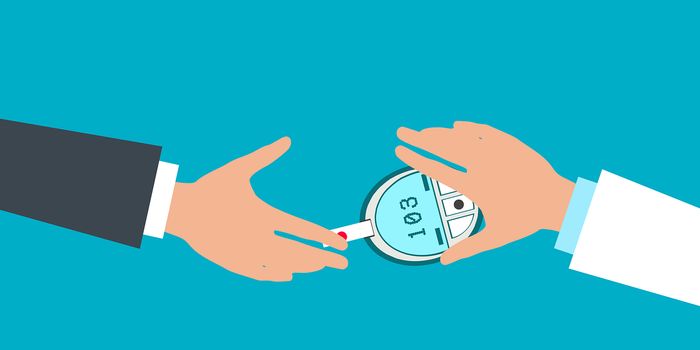60 Percent of Texans Using Cannabis Prefer it Over Conventional Drugs
A new survey out of Texas has revealed that 61 percent of people in the state who identify as medicinal cannabis users have used cannabis as a replacement for prescription opioids and benzodiazepines.
The survey, published by InformedTexas.org and carried out by Rice University’s Baker Institute for Public Policy in conjunction with Texas NORML, quizzed 2,866 Texas residents who used cannabis, with the aim of gaining insight into the needs and experiences of this population. They were recruited through medical cannabis patient networks; 22 percent of respondents were military veterans and the data was collected via an online survey between August 11, 2020, and October 6, 2020,.
Consistent with other studies, the majority of respondents reported using cannabis primarily to address pain. Among those respondents who were veterans, just over half reported using cannabis to address symptoms of post-traumatic stress. Overall, four-in-ten respondents said that the use of cannabis “has improved their quality of life.”
The state of Texas officially recognizes that cannabis is medicine through the Compassionate Use Act of 2015. But the vast majority of Texas patients are still excluded from participating in the Compassionate Use Program (CUP) due to restrictions in the law.
Even when health conditions are covered, the cannabis medicines allowed may not be fit for purpose as they do not include higher THC products.
Illustrative of this was that 18 percent of survey respondents said they use medical cannabis illicitly to treat neuropathy, despite this diagnosis making them eligible for the state’s medical program. Respondents also reported using illicit cannabis for such conditions as multiple sclerosis, autism, and Parkinson’s disease, illnesses also covered by the CUP.
“The low number of [CUP] registrants and the continued use of illicit cannabis with higher THC content among qualifying individuals clearly demonstrate that the program is excluding a large contingent of its target population,” according to the report.
Among several policy recommendations the report advocates for removal of the cap on THC content in Texas and for doctors and patients to be allowed to determine the optimal strength and dosage for each individual’s medical needs.









